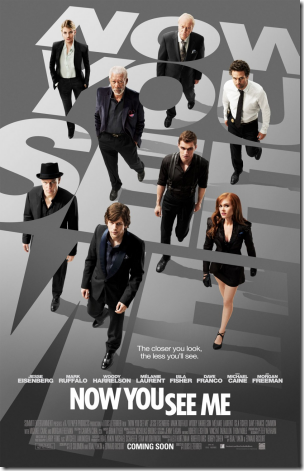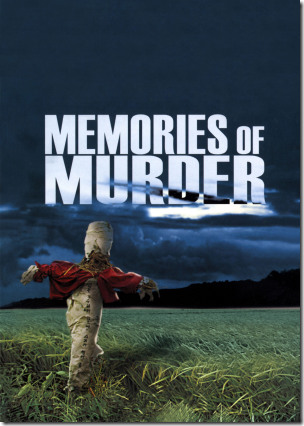
Link: Oblivion
Summary: After human civilization on Earth is obliterated by war or something, humans flee to a moon of Saturn. Meanwhile, a man is stationed on Earth to help maintain technology that turns the Earth’s water into some sort of energy source they can use on Titan or something. But when a mysterious vessel from space lands on Earth, the man discovers a human survivor, a woman he vaguely remembers, and he slowly comes to realize that the true nature of his mission and the true history of Earth are not what he thought.
Thoughts: The story was far too convoluted and left me asking a lot of questions. It seemed like one of the driving forces of the story was its sense of mysteriousness. Weird things happen and the main character has to piece together the true nature of his mission and the true history of Earth. I think this would’ve worked better if the story had framed these as specific questions, and had the main character focus on answering them one at a time. Instead, the main character is driven by a bunch of questions that all get muddled together, making his goal vague, making his actions hard to relate to. That is, because he’s not seeking an answer to a specific question, we have no frame of reference to judge whether his actions get him any closer to an answer. When the answers are revealed, they only inspire more questions. It was liking watching a murder mystery in which the killer is revealed to be a robot, with no explanation given as to where the robot came from, why he was programmed to murder, and how he got away with it. Granted, a fan of the film, or the graphic novel it’s based on, could surely come up with answers, but that I have to ask for them shows that it were not given very clearly in the film, ruining it for me. A far superior sci-fi film featuring similar conspiratory mysteries, and a story that stays focused and followable, is Moon (2009).
Oblivion also features a complete waste of Morgan Freeman. His character is so bland that they could’ve given the role to anyone. That they obviously casted him just for his name makes me feel cheated.
I did enjoy the look and feel of the film (though do we really need so many crotch shots, Mr. Cruise?) and the sci-fi score, but not enough to make up for the overly convoluted story.




